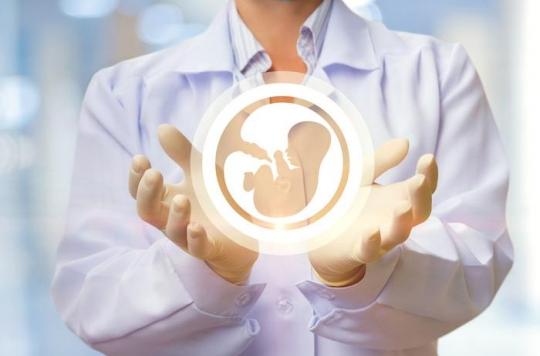A very large study on more than 5.5 million Britons demonstrates for the first time the role of arterial hypertension in the appearance of a deterioration of one of the valves of the heart: the mitral valve.

Permanent high blood pressure, called hypertension (hypertension), puts you at a major risk for a whole range of cardiovascular diseases, and in particular coronary insufficiency, myocardial infarction, strokes and aneurysms.
Mitral valve insufficiency in people with no known history of heart disease is considered a degenerative disease with no risk factors accessible to a prevention strategy. Raised blood pressure is also considered a risk factor for various diseases that are associated with mitral valve insufficiency. Under these conditions, it became necessary to analyze the risk of mitral valve insufficiency during arterial hypertension.
A very large study for 10 years
A team of British researchers followed for about 10 years nearly 5.5 million people without known cardiovascular or valve disease to begin with. This study, published in PLOS Medicine, shows a very clear association between high blood pressure and the risk of mitral valve insufficiency. On the other hand, it is not associated with an increased risk of mitral stenosis.
This relation is very clear and is expressed without a threshold of arterial pressure figure below or above which the relation ceases to exist. The association is only partially explained by diseases which are established causes of secondary mitral insufficiency.
This strongly suggests that high blood pressure has a direct and independent effect on mitral valve degeneration.
What does this discovery mean in practice?
The results of this study suggest that mitral insufficiency is not an inevitable, degenerative disease associated only with aging. It thus appears that its risk of occurrence could be reduced with effective management of blood pressure.
Further studies have yet to demonstrate the causality of this association and test the link between lowering blood pressure and reducing the risk of mitral regurgitation.
.














